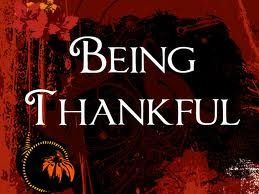And now my brain moves onto something totally differnet and weird...........................
Maybe, I have too much brain time wasted when I ponder...............sometimes, there will be just a word that will burst in my brain and I say, "why?" So, here are a few things I've been pondering and went on a search to find the answer to 'why'.
Snug as bug in a rug? sleep tight? What do these sayings mean? Where did they originate? Are we still using 'antique' phrases for modern day happenings that could continue into future times?
Here is a rope bed, dating from colonial America--maybe, even earlier in history.
This information came from History is Elementary. Years ago on one of our mother-daughter trips, we stayed in an old Colonial house in Williamsburg, VA. It advertised three bedrooms, but in one of the smaller bedrooms was a rope bed! The girls pulled straws to decide who got that room!
Another saying: Snug as bug in a rug--and don't let the bed bugs bite! C. 1760, bed rugs were woven from wool to create a warm bedding for the coldest parts of the house, usually servants or children were given these coarse woven rugs as a coverlet. Soldiers and sailors also slept with them.
Woven rug was only as wide as the loom unless two sections were seamed together down the middle.
now, just imagine--if you can, that these bed rugs were not preserved like quilts but used over and over again until they fell apart--also, these are wool--what is attracted to wool? Moths and other bugs-
but, here is where maybe the saying originated
Which leads back to the old expression "snug as a bug in rug." Its first noted appearance is 1772, when Benjamin Franklin used it in a satirical epitaph for a lady's pet squirrel named Skugg:
Here Skugg
Lies snug
As a bug
In a rug.
I have found two blogs in my research that I now follow--Two Nerdy History Girls and Lisa Land Cooper, History is Elementary
Why do US drivers keep on the right side of the road?
In the late 1700s, teamsters in France and the United States began hauling farm products in big wagons pulled by several pairs of horses. These wagons had no driver’s seat; instead the driver sat on the left rear horse, so he could keep his right arm free to lash the team. Since he was sitting on the left, he naturally wanted everybody to pass on the left so he could look down and make sure he kept clear of the oncoming wagon’s wheels. Therefore he kept to the right side of the road.
There is also information on why we mount a horse on the left- in the above website-! I always pondered that too! and why some countries drive on the left--so fascinating!
Isn't history fun?!

























